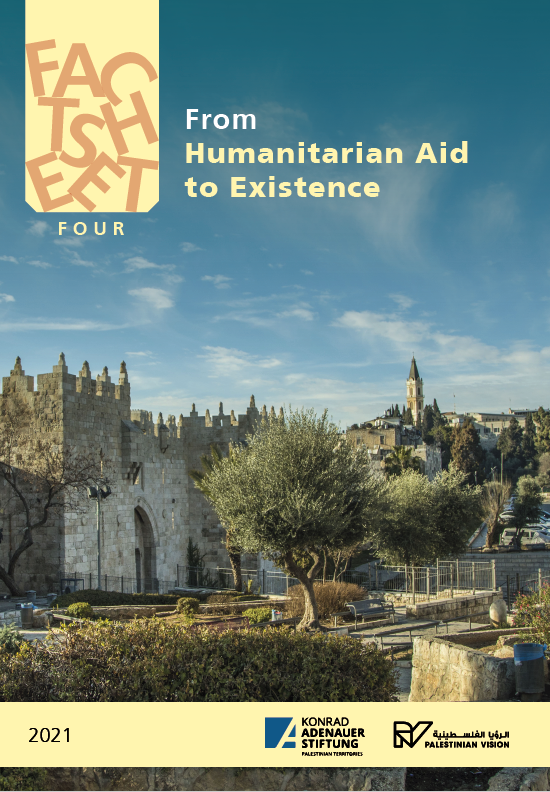أبحاث

أبحاث
ديسمبر 17, 2022
أبحاث
ديسمبر 17, 2022Publication Title
INTRODUCTION
Portrayal of indigenous Christians
Since the beginning of the 20th century, Palestinian Christians have ranked prominently among Arab thinkers who pioneered new ideas about nationalism and democracy and played a leading role in fostering connections between the Arab world and western countries. After the 1948 Nakba, Churches, congregations and related Christian organizations were among the first to provide support and humanitarian aid to Palestinians, including Palestinian Christians, who were displaced or otherwise adversely impacted by war and political changes. This support continued and was further developed through the 1967 war and occupation, the first and second Intifadas and until the present day. The Church, the local Palestinian Christian community and its related organizations still provide support in numerous ways including through humanitarian aid, social assistance, education, health, emergency programs, economic empowerment, development and charitable organizations that serve the Palestinian community. In addition, this support also plays a pivotal role in advocacy and lobbying among other religions within the country based on Christian beliefs, as well as toward western countries regarding the Palestinian cause, justice, peace, and Palestinian human rights.
The Church in the Holy Land, and in Jerusalem in particular, provides this support to the Palestinian people based on Christian beliefs and Jesus’ teaching that “if one member suffers all members suffer with them.” The Church believes that a just peace reached through negotiations, guided by international law and with the aim of ending Israel’s more than half century occupation, is the first step towards genuine peace and security for all. In addition, the Church works to strengthen Christian presence in the Holy Land. Currently, the Church and related organizations are the third largest employer of Palestinians after Palestinian Authority institutions and United Nations related organisations. The strong role and efforts of the Church and related institutions to highlight the Palestinian cause to the international community is clear but sadly it has been insufficient to prevent the indigenous Christian community from immigrating away from the Holy Land, especially Jerusalem. The role of the Church and its related institutions has been akin to a candle that consumes itself to light the way for others. Based on statistics that show a continuing decline in the population of the Christian community in the Holy Land, many outside observers, as well as Palestinians themselves, fear for the future of this community, especially in the City of Jerusalem. The support and humanitarian aid approach carried out by the Church and its related institutions has contributed to reducing the suffering of many Palestinians and supported their struggle for justice, peace and their national rights. This support has included advocacy to the local and international Church leadership about political developments and with the aim of positively influencing international opinion and action. Due to these efforts, significant Christian funding has come to the country for the provision of humanitarian aid. This created a scenario where the Palestinian people, particularly Christian Palestinian people, were represented as ‘poor’ to the international community. This was true for many in the beginning, but this poverty scenario continues as a central narrative until this day, decades later, long after the immediate need for urgent humanitarian support has been met. Although the initial support and humanitarian aid approaches helped to overcome immediate and urgent needs among the local Christian population to some extent, these approaches did not directly and significantly contribute to maintaining and strengthening the Palestinian Christian presence in Jerusalem. read more...

